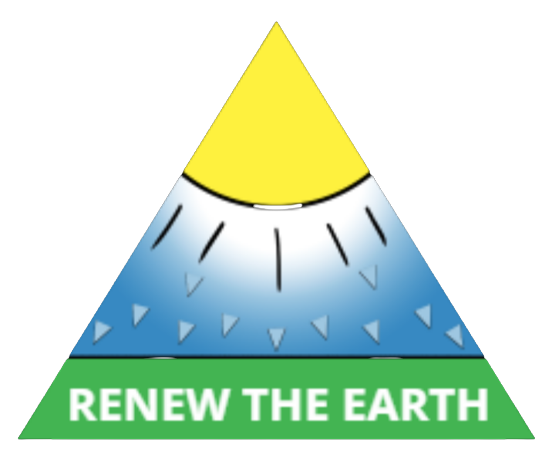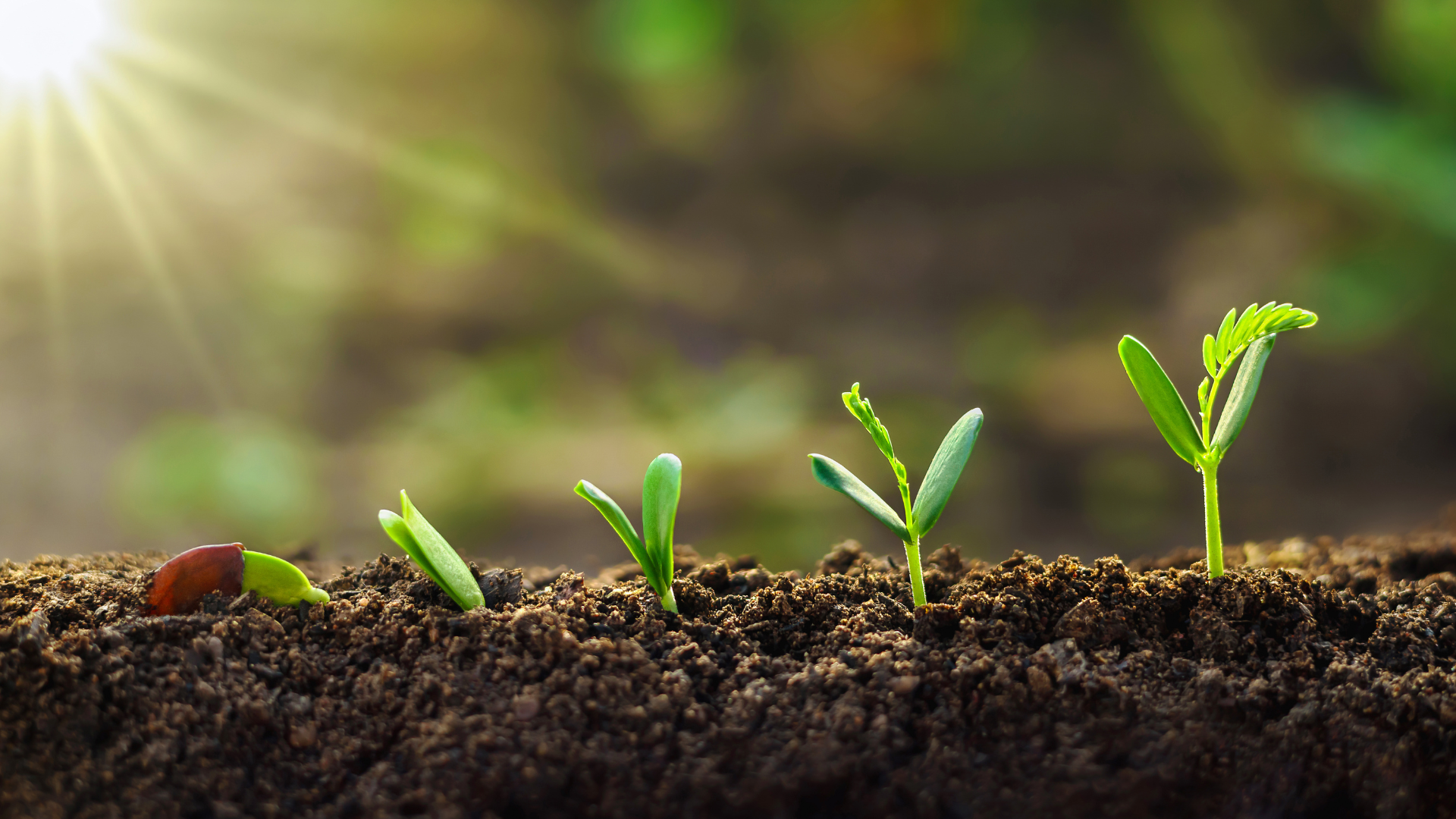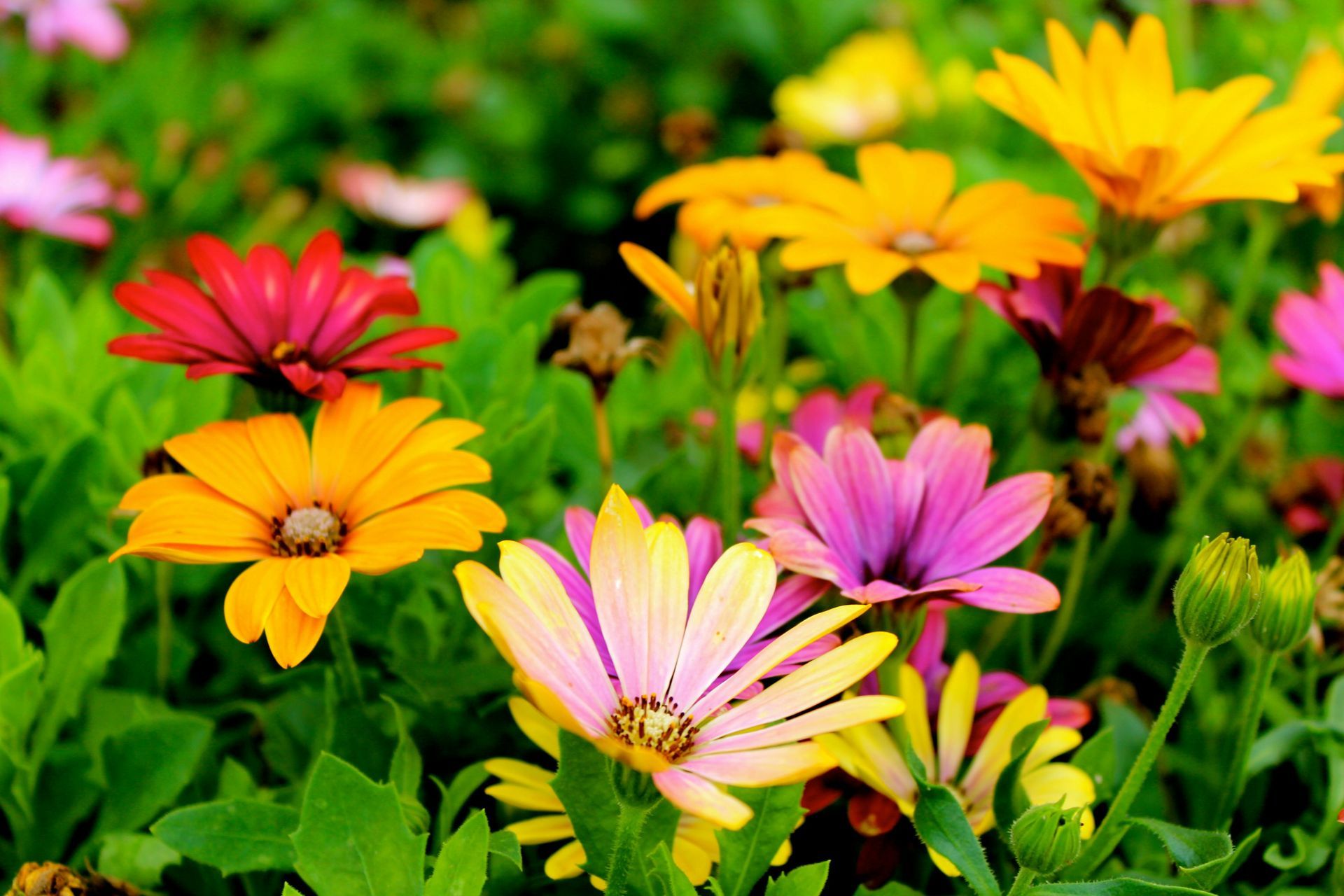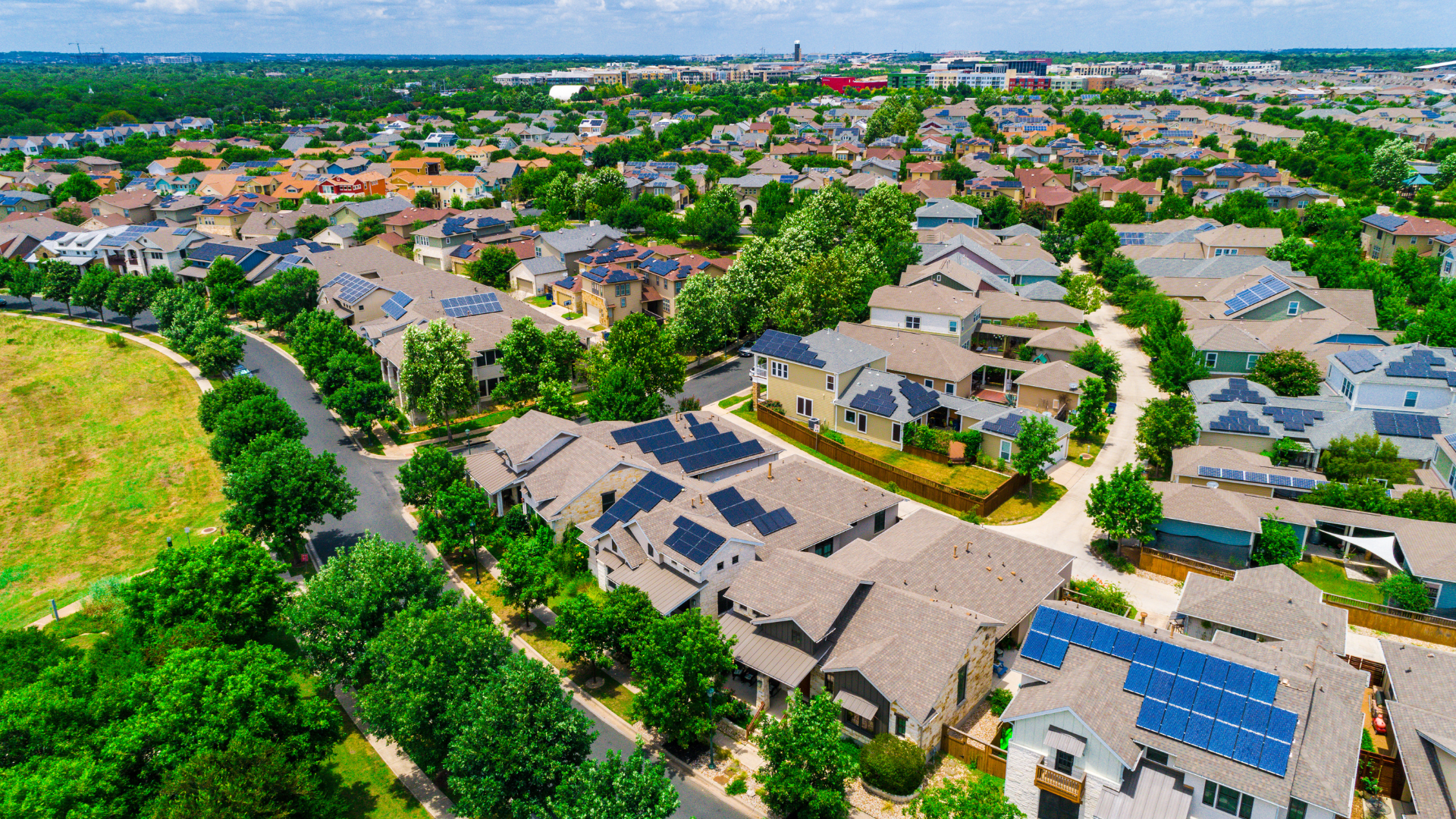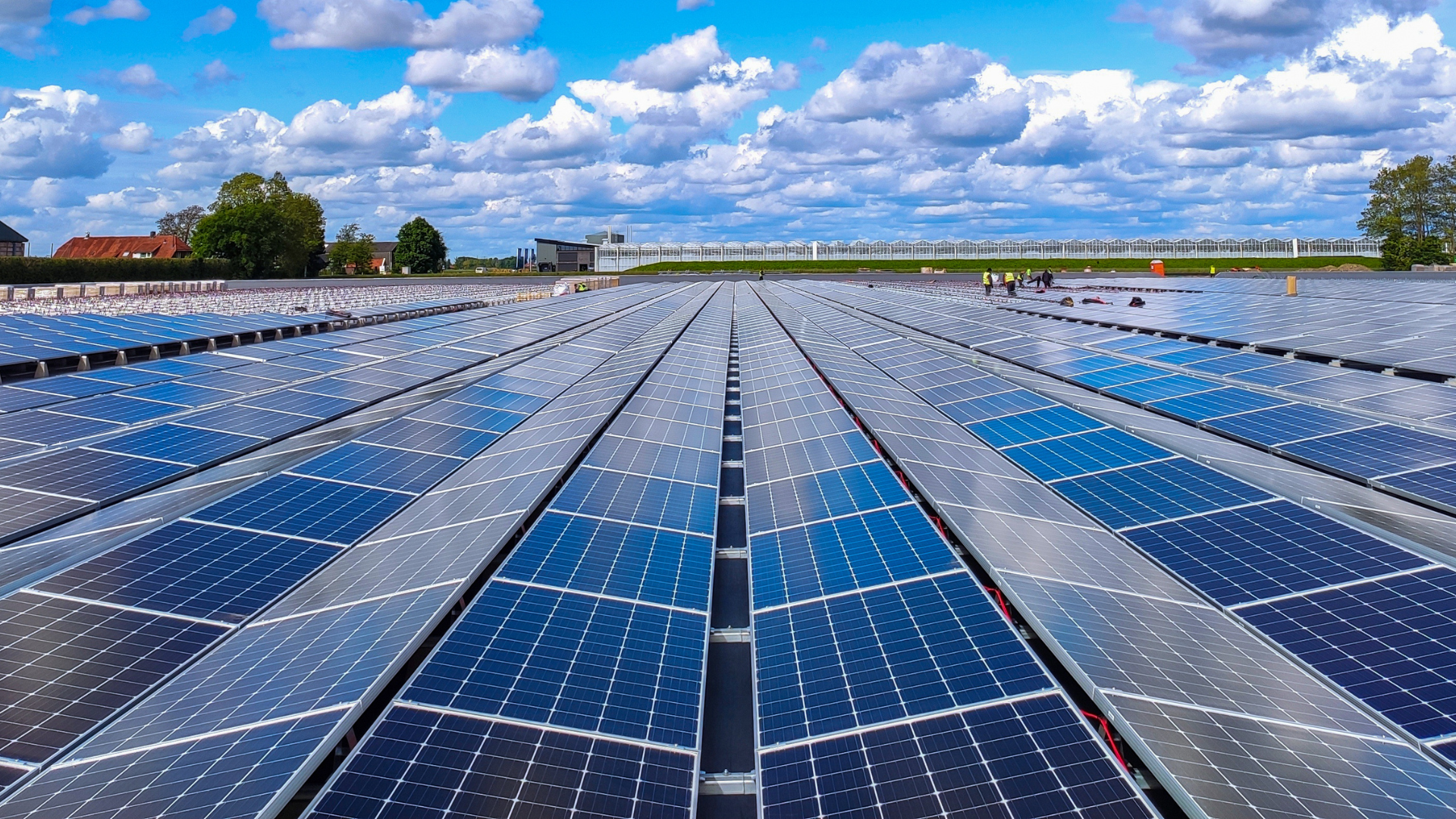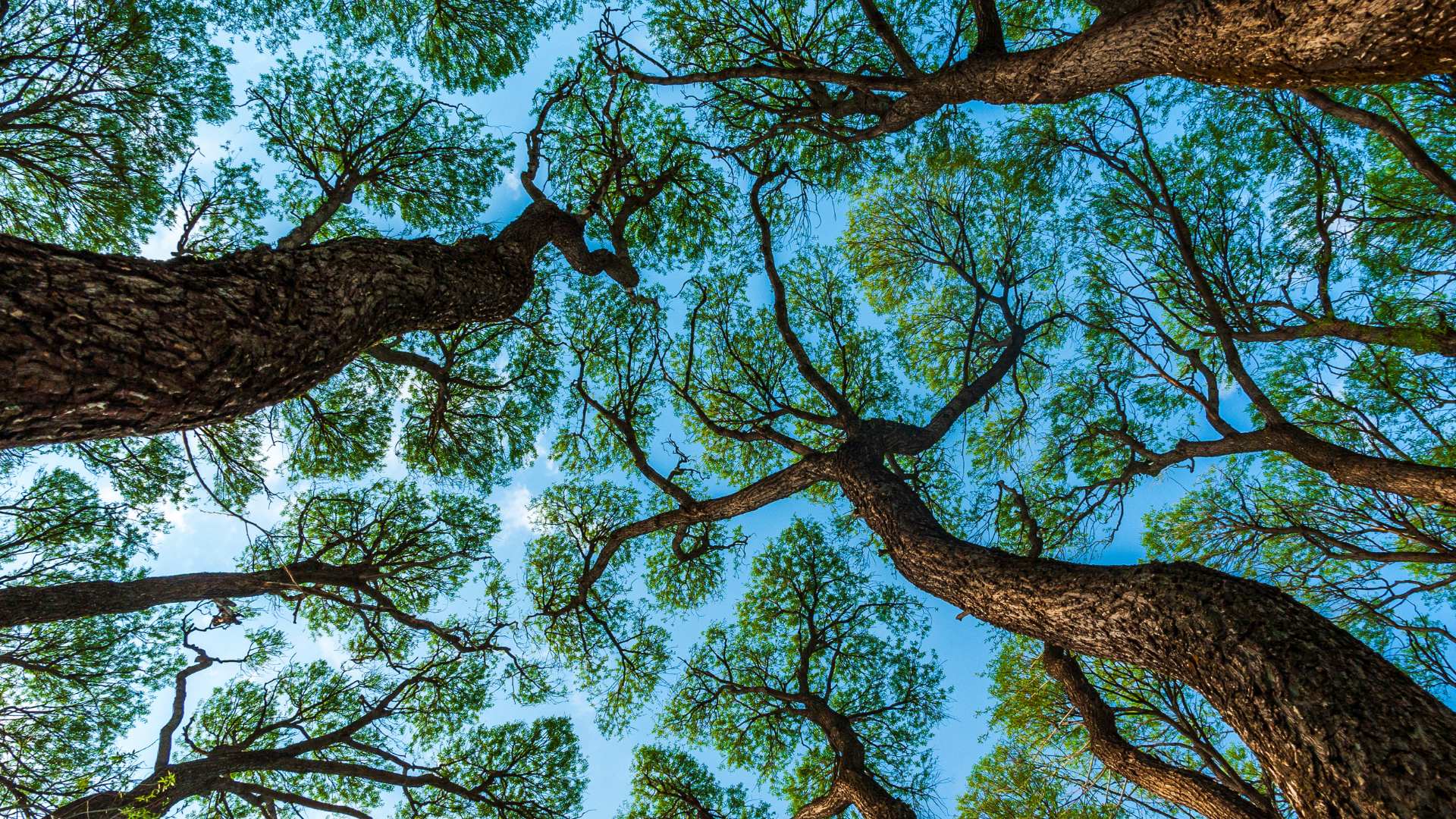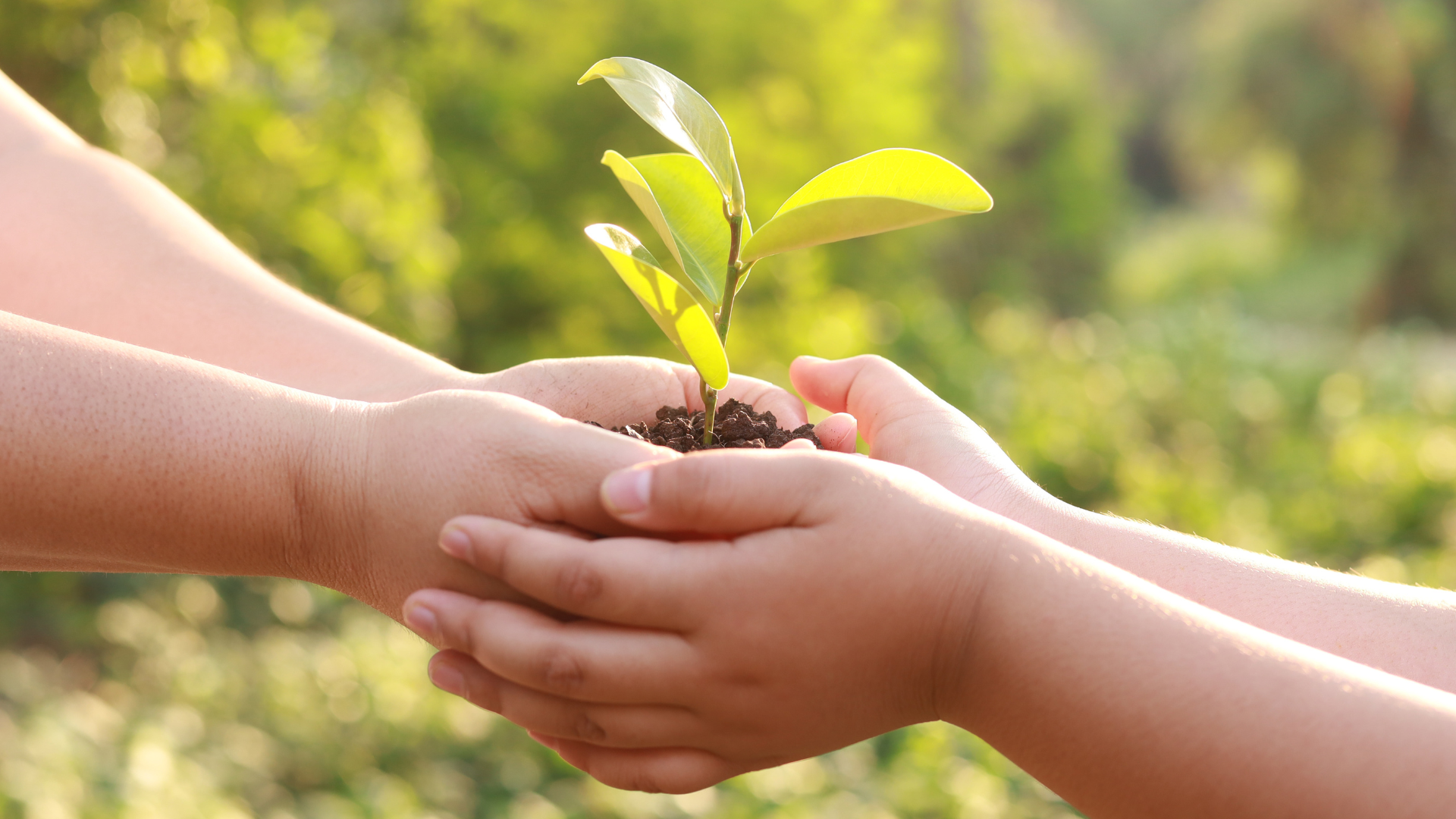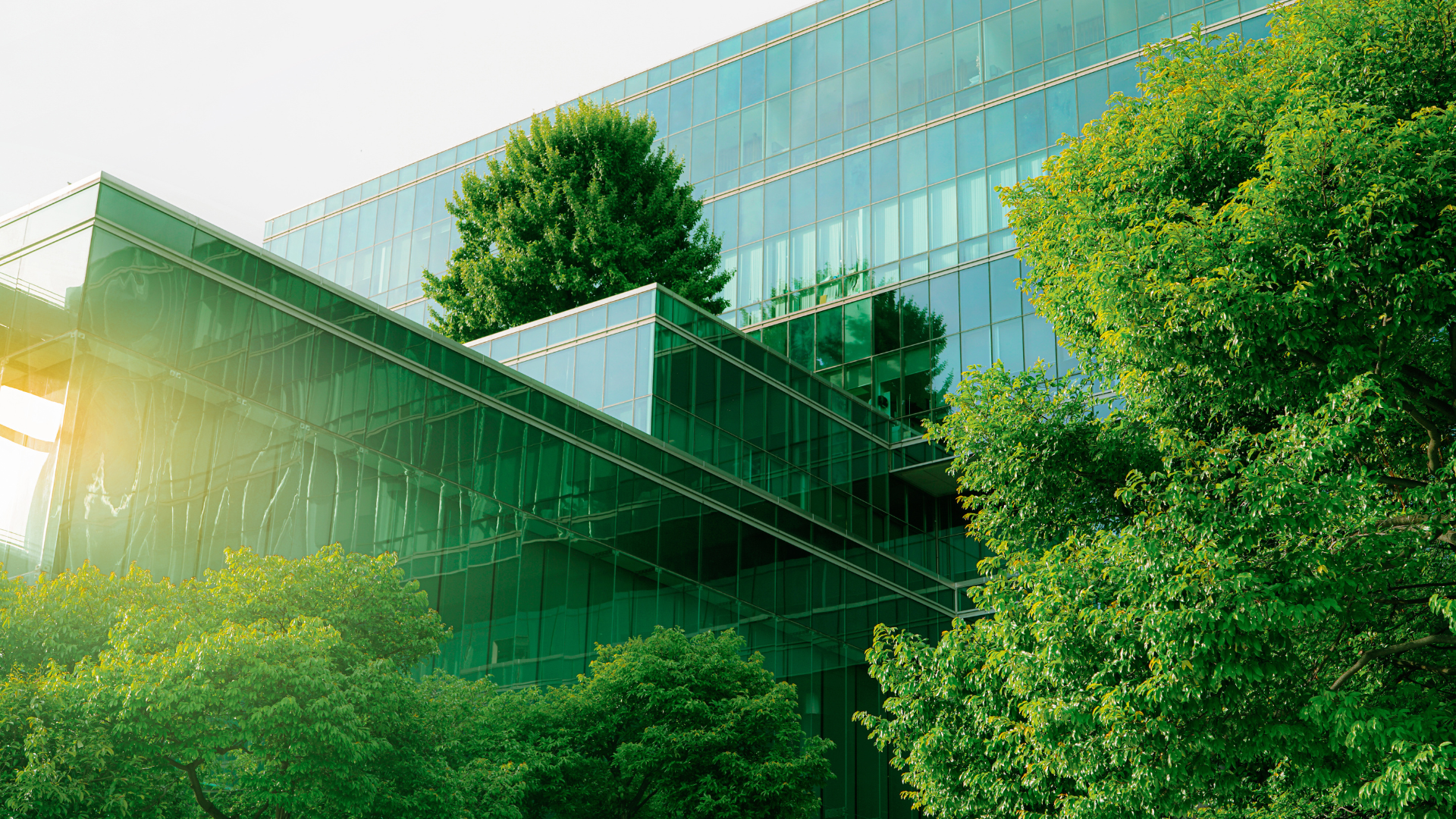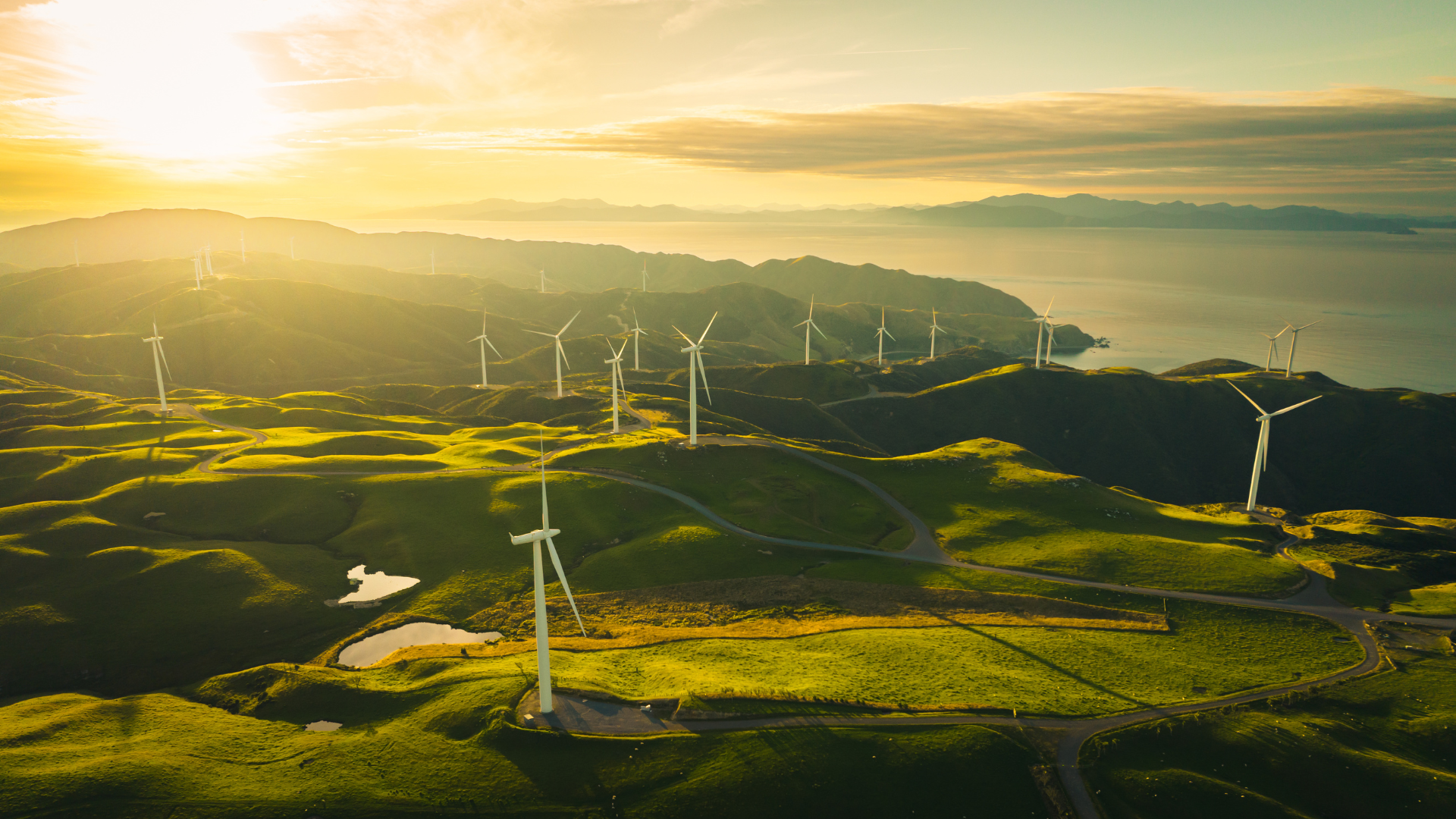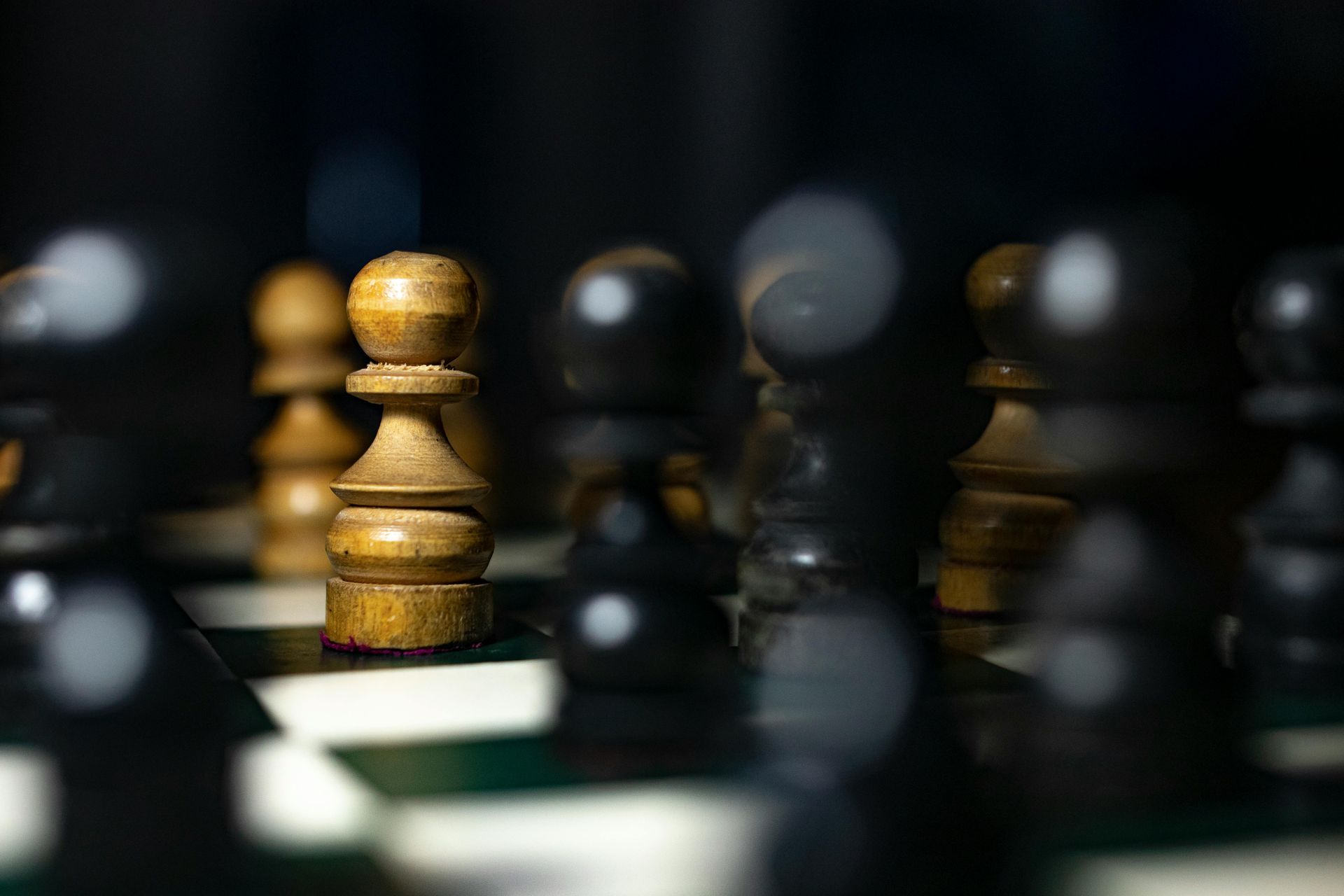How Bridges Programming Shares Global Success Stories in Renewable Energy and Sustainability
Innovation to Enable Change
Renewable energy and sustainable practices are reshaping communities worldwide, with innovative projects that tackle pressing environmental challenges and inspire change. However, connecting people to these success stories can be difficult, especially with the volume of information available. That’s why Renew the Earth created Bridges Programming, an online media platform dedicated to broadcasting and archiving stories of progress and innovation in renewable energy and sustainability.
Bridges Programming’s mission is to inform, educate, and empower individuals and organizations through carefully vetted success stories from around the globe. By making this information accessible and organized, Bridges Programming provides a resource that connects people with the inspiration and knowledge they need to pursue
sustainable practices in their own lives and communities.
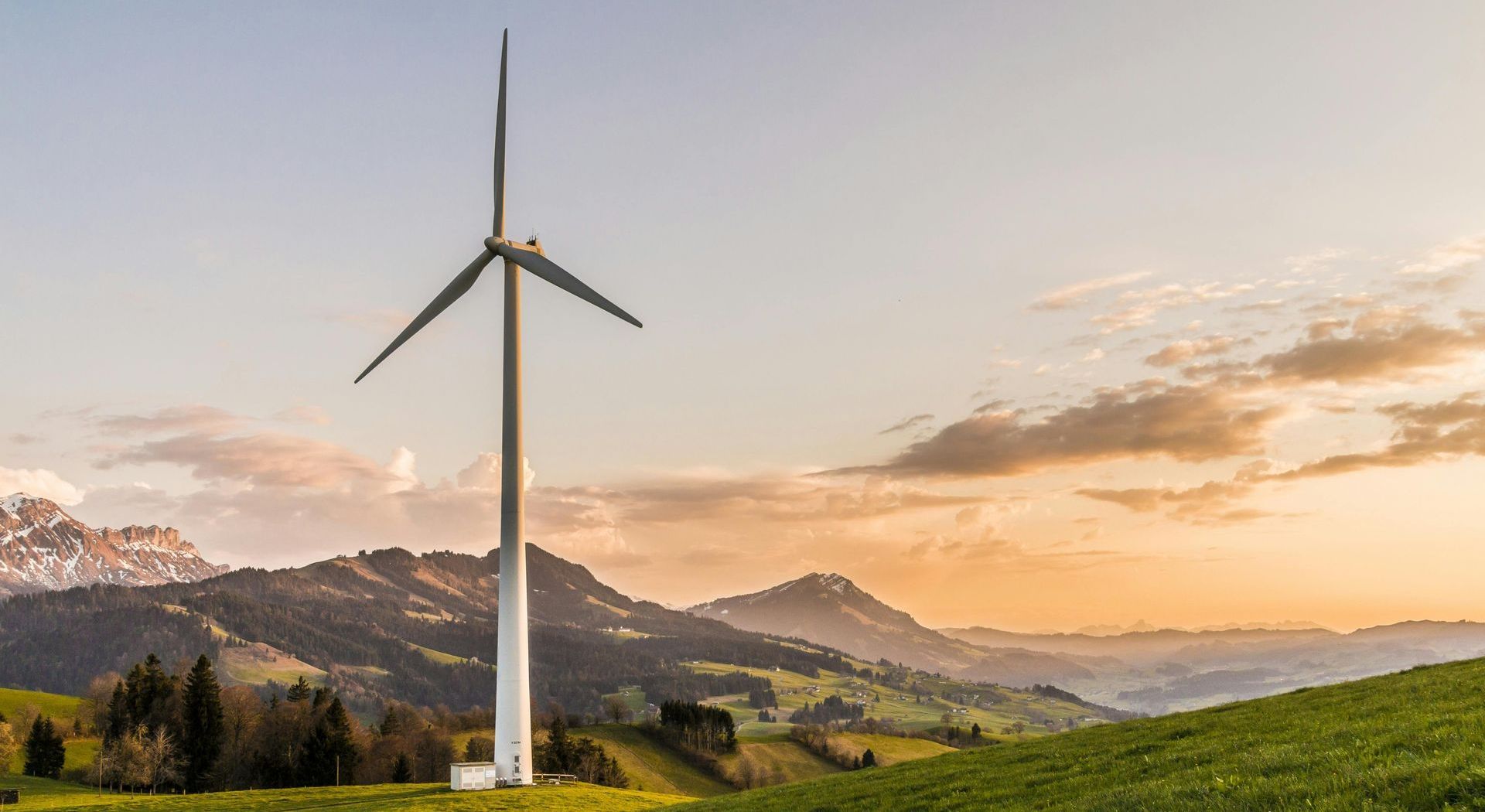
Why Share Success Stories?
Sustainable change often begins with inspiration. When people see the positive outcomes of renewable energy initiatives, organic agriculture, community-driven conservation, and other sustainable projects, they’re more likely to adopt similar practices or support these efforts. Sharing success stories is also practical—it can prevent “reinventing the wheel” by allowing individuals and communities to build on what has already been achieved elsewhere.
For example, a community in need of an affordable energy solution might look to a successful solar microgrid project from another part of the world. By learning how others designed and implemented such a project, this community can save time, resources, and effort, while also benefiting from the experience of others. Bridges Programming is designed to facilitate this kind of knowledge-sharing, connecting people with stories and strategies they can apply to their own challenges.
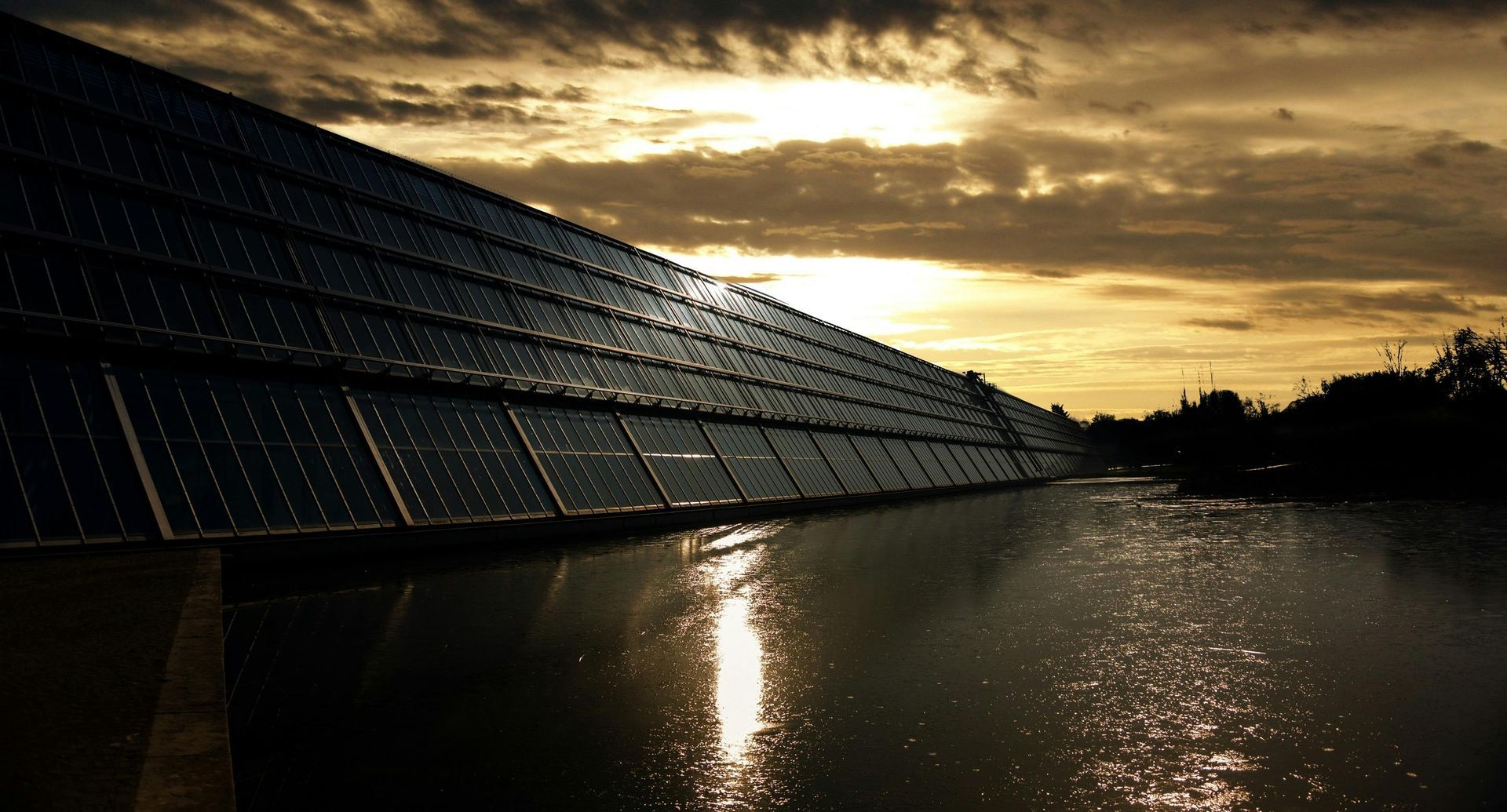
What Kind of Stories Does Bridges Programming Share?
Bridges Programming curates a diverse array of stories in renewable energy and sustainability, aiming to represent a variety of
innovative solutions. Here are some examples of the topics and projects that the platform covers:
- Community-Scale Solar Projects: Solar energy initiatives that bring affordable, clean energy to neighborhoods, reducing reliance on fossil fuels and lowering utility costs for residents.
- Organic Gardening and Local Agriculture: Sustainable agriculture practices that support biodiversity, reduce pesticide use, and promote food security by empowering communities to grow their own food organically.
- Biomass Conversion for Clean Fuel: Projects that turn farm waste or other organic materials into clean-burning biofuels, providing a renewable energy source that minimizes waste and reduces greenhouse gas emissions.
- Recycling and Composting Programs: Local efforts to reduce landfill waste through recycling and composting, which conserve natural resources, reduce pollution, and promote environmental responsibility.
- Conservation of Local Natural Resources: Projects focused on protecting and restoring natural resources like forests, waterways, and minerals, ensuring these resources remain healthy and available for future generations.
- Educational Outreach for Young People: Programs designed to connect children and youth with nature, teaching them about sustainability and nurturing their innate compassion for the environment.
Through these success stories, Bridges Programming not only showcases practical solutions but also highlights the human impact of these efforts, emphasizing that every positive step toward sustainability can make a difference.
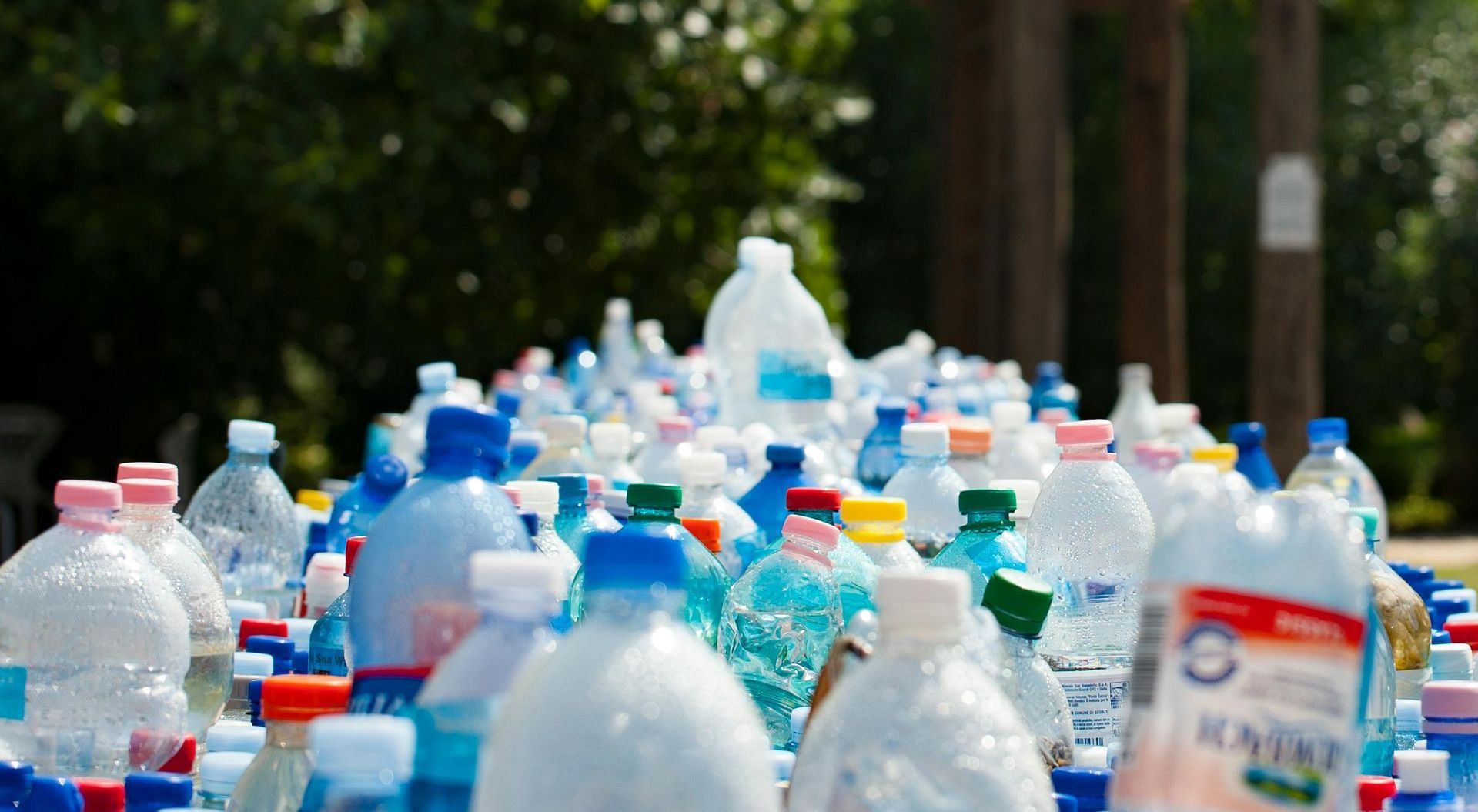
How Bridges Programming Works
Bridges Programming is built on accessibility and engagement, making sure that anyone interested in sustainable practices can easily find and use the platform’s resources. Here’s how it works:
- Live Broadcasting and Recorded Episodes: Bridges Programming regularly broadcasts live interviews, talks, and presentations with leaders in renewable energy, sustainability, and conservation. These broadcasts are also recorded and archived, allowing users to access the content on demand.
- Organized and Indexed Archives: Each success story and broadcast is cataloged with a clear index and categories, so users can quickly find information related to specific topics, regions, or types of renewable energy. This organization streamlines access to vital information and helps users easily explore areas of interest.
- Daily Updates and Fresh Content: Bridges Programming frequently updates its content to reflect the latest achievements in sustainability, providing users with a steady stream of fresh, relevant information. New stories, insights, and case studies are added regularly, ensuring that the platform remains a vibrant resource for its users.
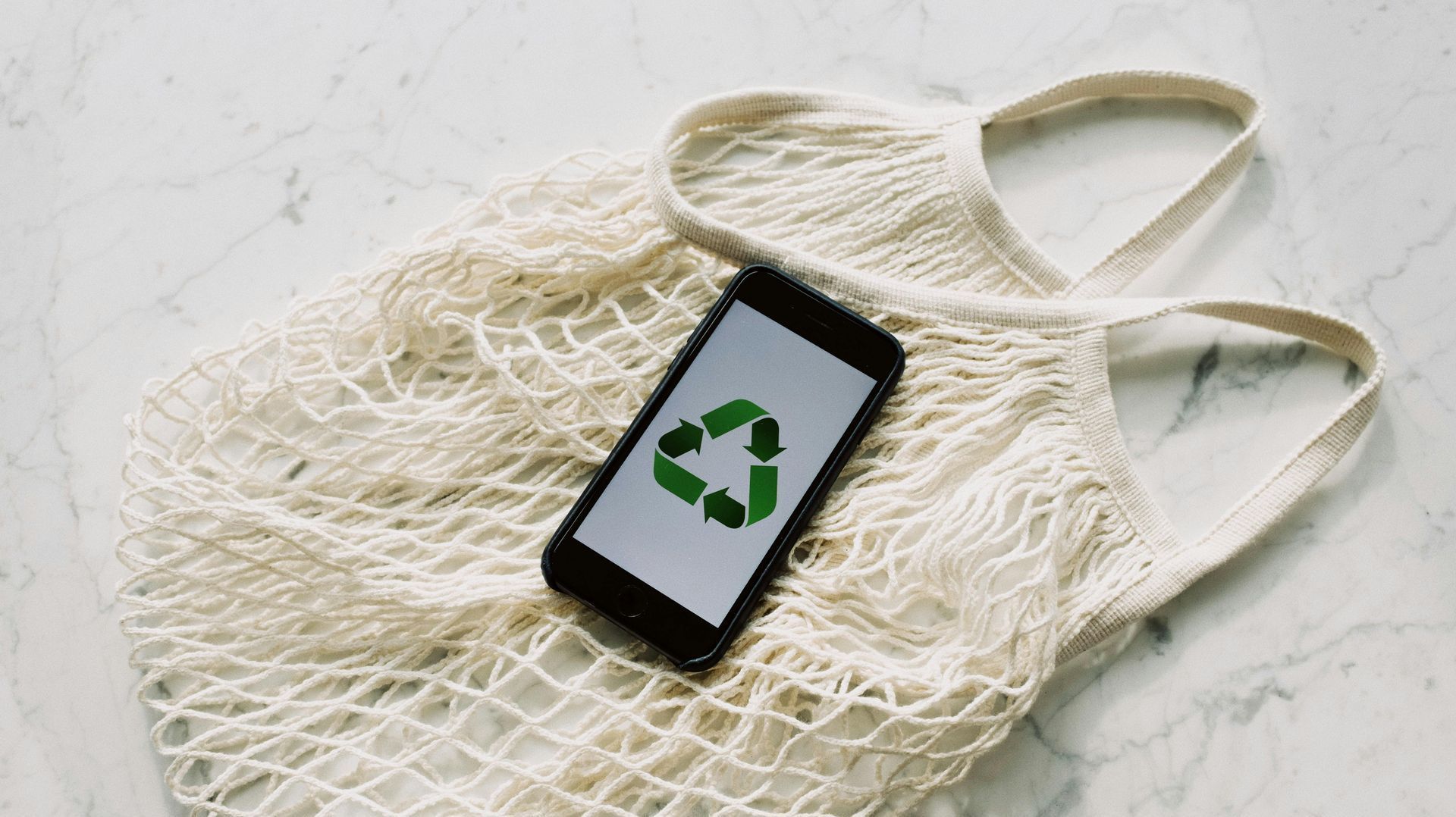
Inspiring Change Through Connection
Renewable energy and sustainable practices are not just technical solutions—they are humanitarian solutions. As a platform, Bridges Programming emphasizes the connection between sustainable practices and human well-being. By highlighting the efforts of communities, organizations, and individuals working to make the world more sustainable, Bridges Programming shows that everyone has a role to play in building a healthier, more balanced planet.
Bridges Programming’s accessible format invites people to engage with these stories and apply the insights to their own lives. By connecting individuals, educators, and organizations to real-world examples, Bridges Programming fosters a supportive network of people motivated to drive change in their communities.
The Future of Bridges Programming
As part of Renew the Earth’s mission to advocate for renewable energy and sustainable development, Bridges Programming is continuously evolving to reach a wider audience. Plans include expanding content to cover emerging topics in renewable technology, economic restructuring, and conservation practices. The ultimate goal is to build a community of advocates who can share resources and knowledge, making sustainable change more achievable and widely practiced.
Bridges Programming stands out as an invaluable resource for anyone committed to renewable energy and environmental stewardship. By amplifying these success stories, Renew the Earth hopes to connect, inform, and inspire people across the world to take meaningful steps toward a sustainable future.

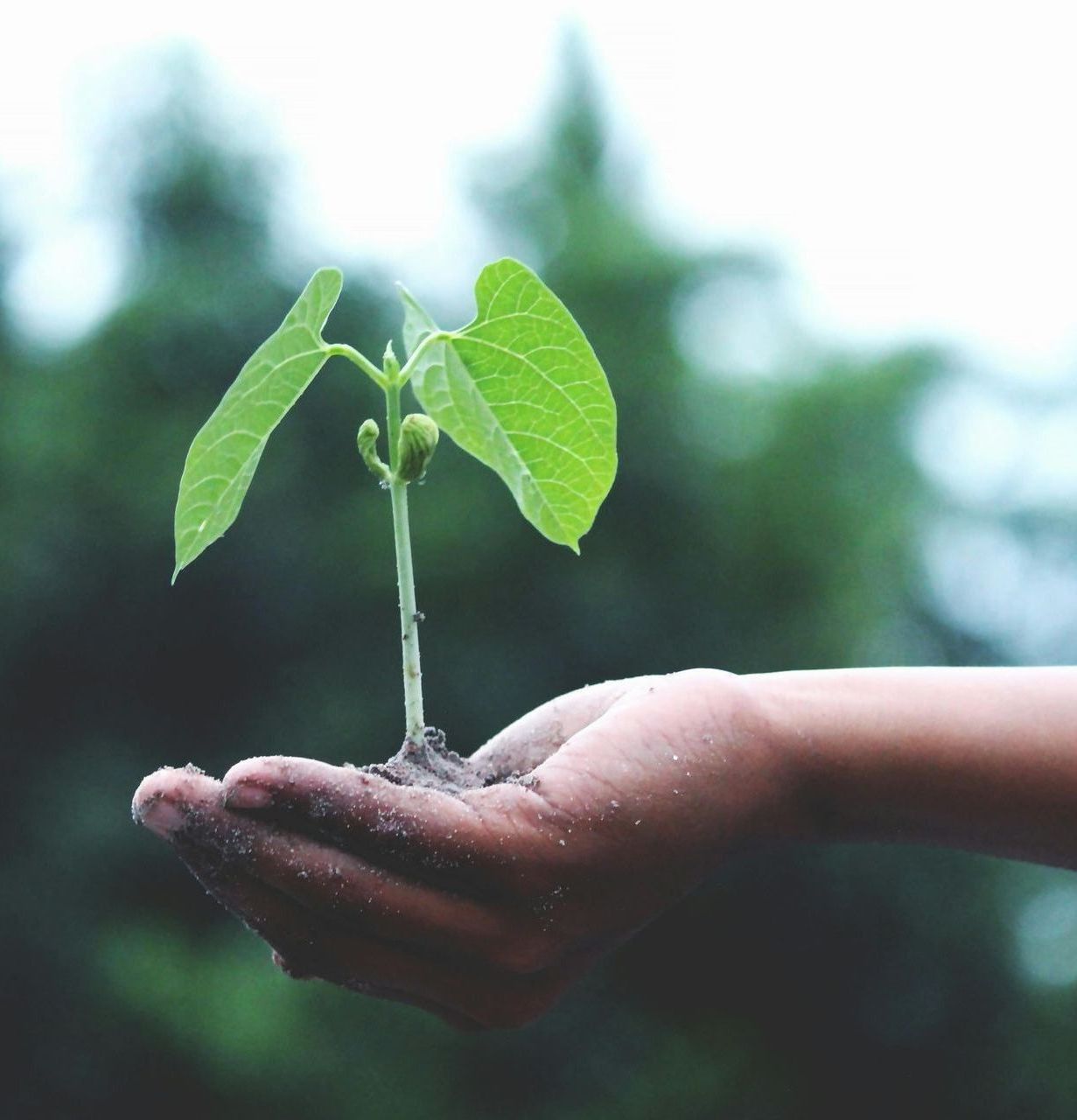


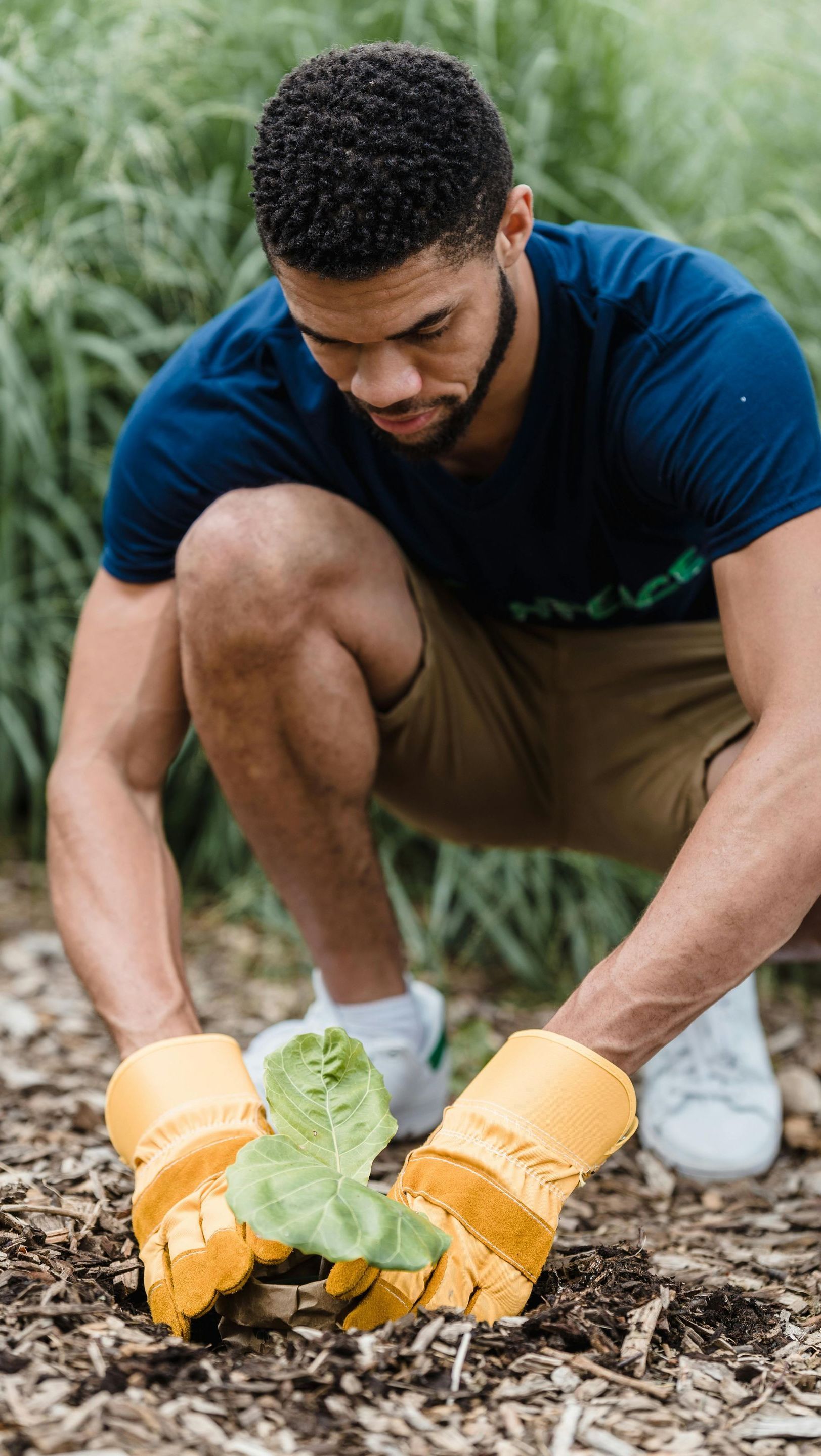
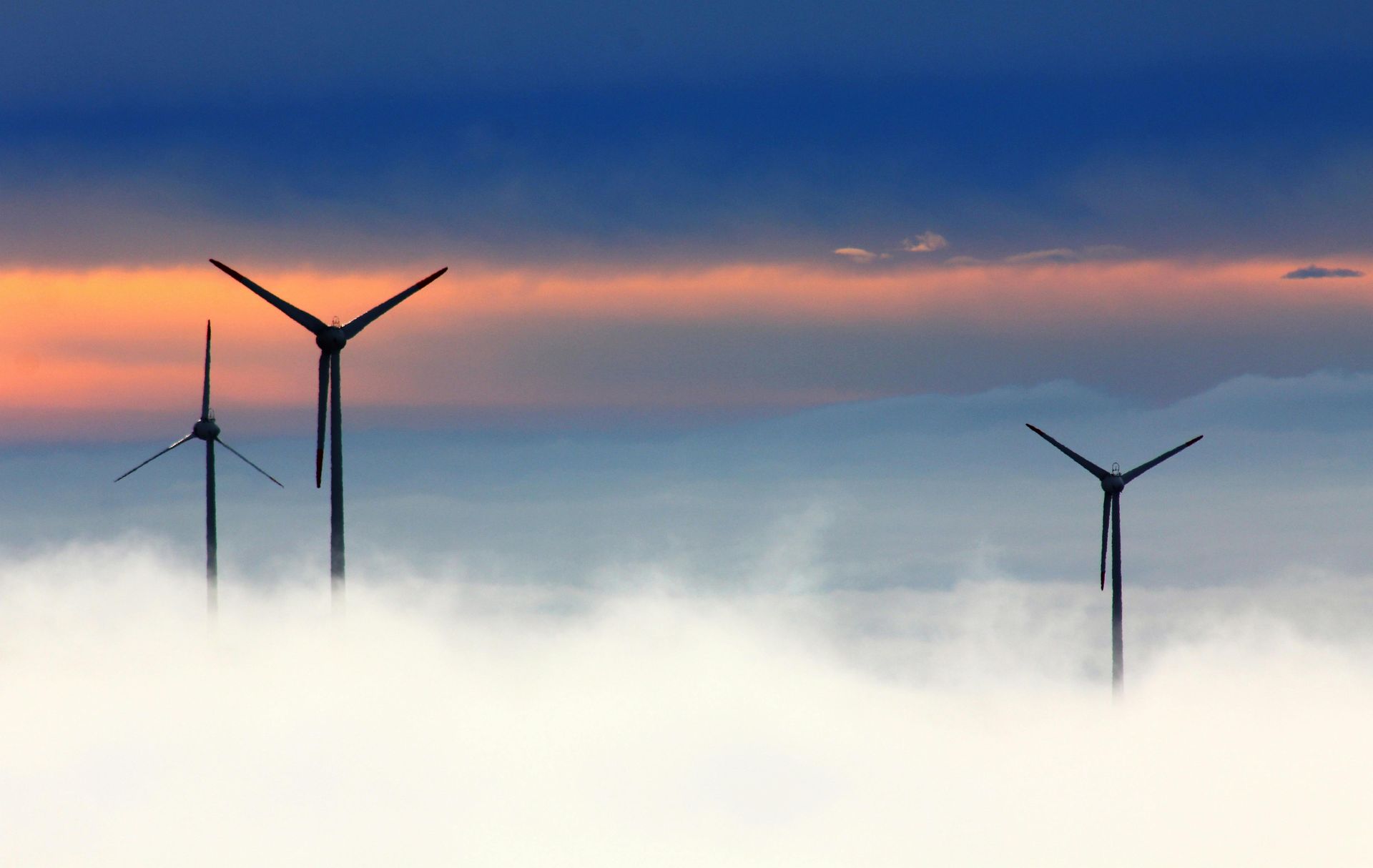
Contact Information
All Rights Reserved | Renew The Earth
